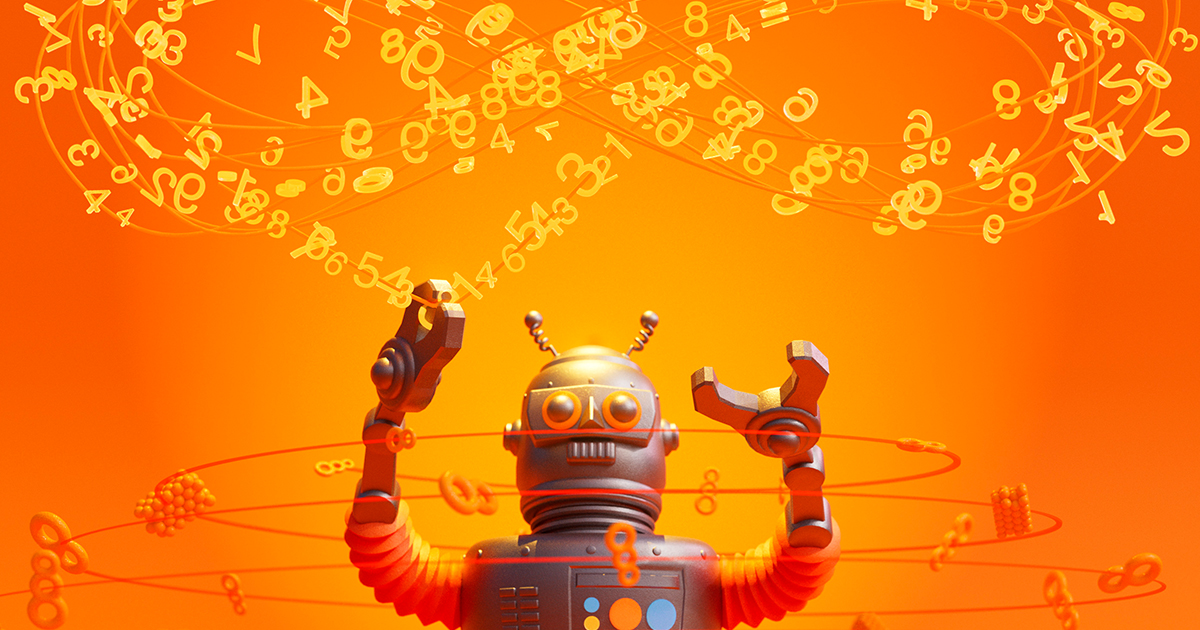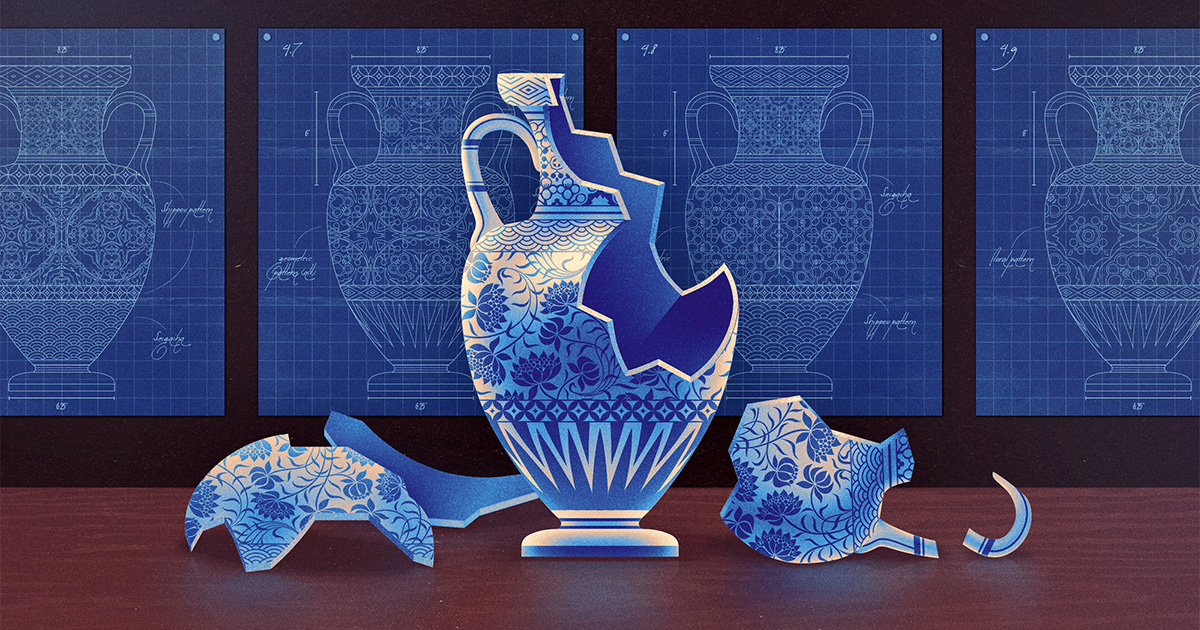Why Computer Scientists Consult Oracles

Computational complexity theorists use hypothetical 'oracles'—devices that instantly answer specific questions—to explore the fundamental limits of computation. By studying how different oracles affect problem difficulty (e.g., the P vs. NP problem), researchers gain insights into inherent computational limitations and inspire new algorithms. For example, Shor's algorithm, a quantum algorithm for factoring large numbers crucial to modern cryptography, was inspired by oracle-based research. Oracles serve as a powerful tool, pushing the boundaries of theoretical understanding and driving innovation in fields like quantum computing.
Read more


